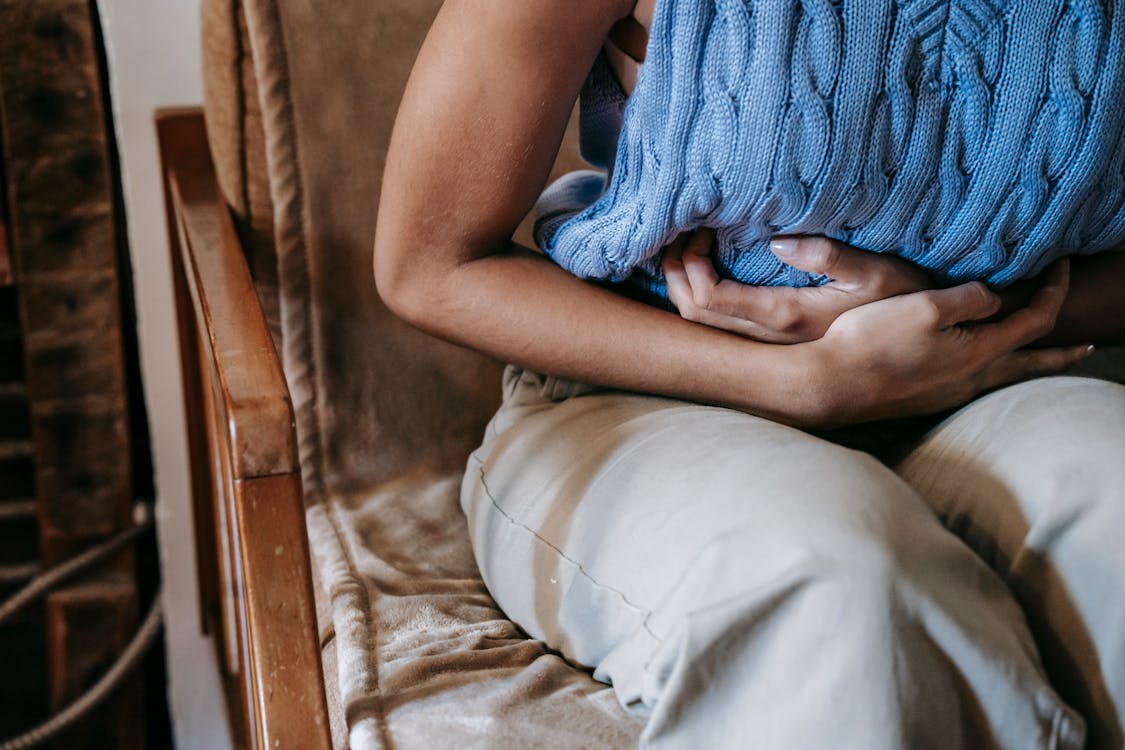Impact of Climate Change on Women’s Health & How it can be Prevented?
5 minuteRead

Climate & Women’s Health
Climate change and health are directly connected. It is something that should definitely not be taken lightly. According to the World Health Organisation, climate change is the single biggest health threat facing humanity. While climate change affects everyone, it does not affect everyone equally. As per the UN, women face higher risks and greater burdens owing to their biology and cultural norms. In fact, the climate crisis has become a public health emergency. It disproportionately affects women, children, pregnant women, and those from marginalised communities, low-income groups and people of colour.
For the health and well-being of future generations, climate change is something that needs our immediate attention.
According to a report by the Centre for Science and Environment (CSE), India has experienced extreme weather events this year. From hailstorms to heatwaves and heavy rains and landslides, we’ve seen it all. Unfortunately, women and girls are bearing the brunt. Heatwaves have a severe impact on pregnant women. It is also affecting the menstrual cycles of women making them longer and more frequent. You would have noticed how a sudden change in weather can trigger certain illnesses. Imagine the situation when climate change becomes extreme?

What is Climate Change?
Climate change refers to a long-term shift in temperature and weather patterns. It usually occurs due to the increase in the amount of greenhouse gases in the atmosphere. It comes as no surprise that we are bearing the brunt of our own actions. The drastic climate change we’ve experienced in recent years is a result of human activities such as burning of fossil fuels like oil, coal and gas. Owing to this, women are at the receiving end of extreme weather events.
Women are more vulnerable than men to the effects of climate change because they make up the majority of the world’s poor population, have less access to human rights, and are usually excluded from resources allocation and decision-making.

Health Challenges Women Face due to Changing Weather
Pregnancy Complications
Change in weather conditions can adversely affect pregnant women. They are at an increased risk of miscarriage, early labour or complications that can lead to illnesses, injury and even death. Extreme heat waves can increase incidences of stillbirth that is because women have a hard time regulating their body temperature. When the temperature soars above 45 degrees Celsius, pregnant women face extreme dehydration which further results in fatigue, nausea and vomiting. Climate change can increase food-borne, water-borne and vector-borne diseases. Pregnant women should be extremely careful as they’re likely to develop severe malaria and dengue fever. These diseases worsen neonatal and maternal outcomes and are likely to cause premature birth, miscarriage and anaemia. Air-borne allergens and pollutants can also worsen asthma symptoms.
Sexual Assault & Violence
Extreme weather events put women and girls at the risk of domestic violence and assault. When natural disasters occur, families usually get displaced owing to which women become easy targets of violence. Lack of housing, living in crowded conditions, electricity outages and lack of separate toilets causes a rise in partner violence, in-law abuse, sexual harassment and child marriage. In the bargain, women face difficult menstrual cycles and unintended pregnancies.
Mental Health Issues
While heatwaves and rising temperatures can cause physical health problems, weather change can also result in climate-related grief. Women tend to face extreme stress, anxiety and depression. Concern about future threats and uncertainties can place women in a situation of distress. Women are more affected by post-traumatic stress disorder (PTSD) compared to men. Stress can even lead to high-blood pressure, insomnia, anxiety, emotional stress and behavioural stress.

Tips to Mitigate the Impact of Climate Change
As a woman, here’s how you can protect your health from climate change:
Preparedness
When you know the weather conditions in your region/area are changing, take precautions. During high temperatures or extreme heat, try to stay indoors as far as possible. If you have certain outdoor activities, plan them during the cooler spells of the day. Even if you step out, make sure you’re wearing sunscreen (SPF 30 or higher) and carry a water bottle at all times. It’s easy to get dehydrated when the temperature rises. Taking the right precautions will ensure you don’t face any kind of heat stress conditions such as stroke, respiratory problems and exhaustion.
Maintain good personal hygiene
When the weather is changing, it is important to maintain good personal hygiene. Whenever you get back home, wash your hands thoroughly. During the course of the day, we tend to touch various surfaces that are filled with bacteria, parasites or viruses. Touching dirty hands on the face can lead to health problems such as sinus, itchy and watery eyes, running nose, etc. All these illnesses are common during climate change. Besides maintaining adequate personal hygiene, ensure you’re taking food safety measures too. Wash fruits and vegetables thoroughly before cutting them as parasites tend to sit on them. Since bacteria and viruses tend to multiply faster in high temperatures, the spread of foodborne diseases is quite common. When you’re buying meat and seafood, select a good vendor who keeps their space clean and hygienic.
Protect yourself from mosquito bites
Another adverse effect of rising temperatures is the spread of infections/diseases caused by mosquitoes and other insects. They usually get active in the evening. When you step out, wear a mosquito repellent to prevent being bitten. Also, wear clothing which covers as much of your body. During the monsoon particularly, dengue fever, malaria and Zika virus become more widespread.
Take care of your overall well-being
Lastly, climate change can significantly affect your mood, and your overall mental health. Spending time with family and friends, eating a good balanced diet and getting adequate sleep are a few ways by which you can care for your mental health. You can even make a few lifestyle changes to lessen the impact of a drastic climate change.
Weather or climate change isn’t something that should be taken lightly. Even if you don’t feel directly impacted by climate change, your health may still be at risk. Therefore, take measures to protect yourself and the community around you.
Write, Record and Answer! Consume Unlimited Content! All you need to do is sign in and its absolutely free!
Continue with one click!!By signing up, you agree to our Terms and Conditions and Privacy Policy.










